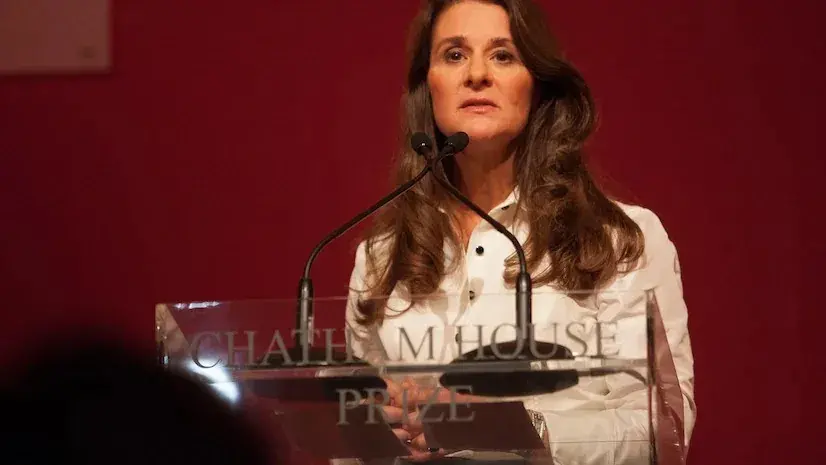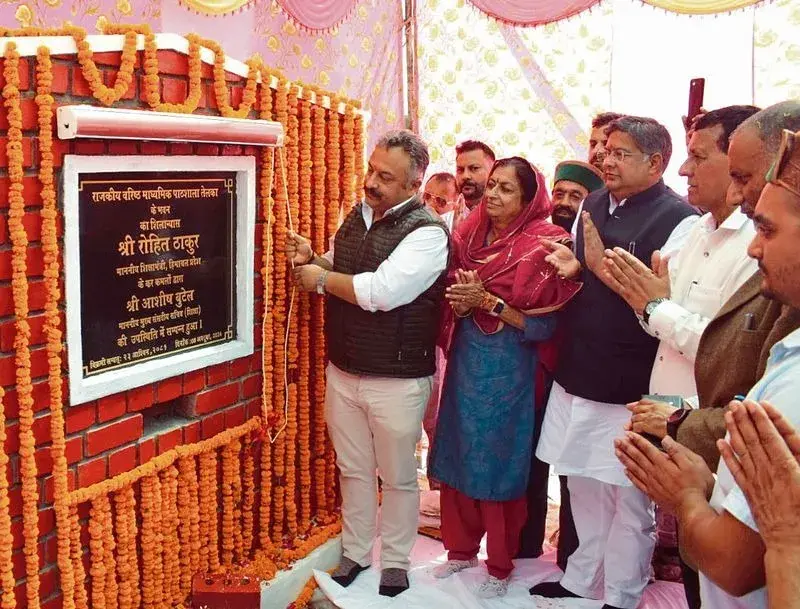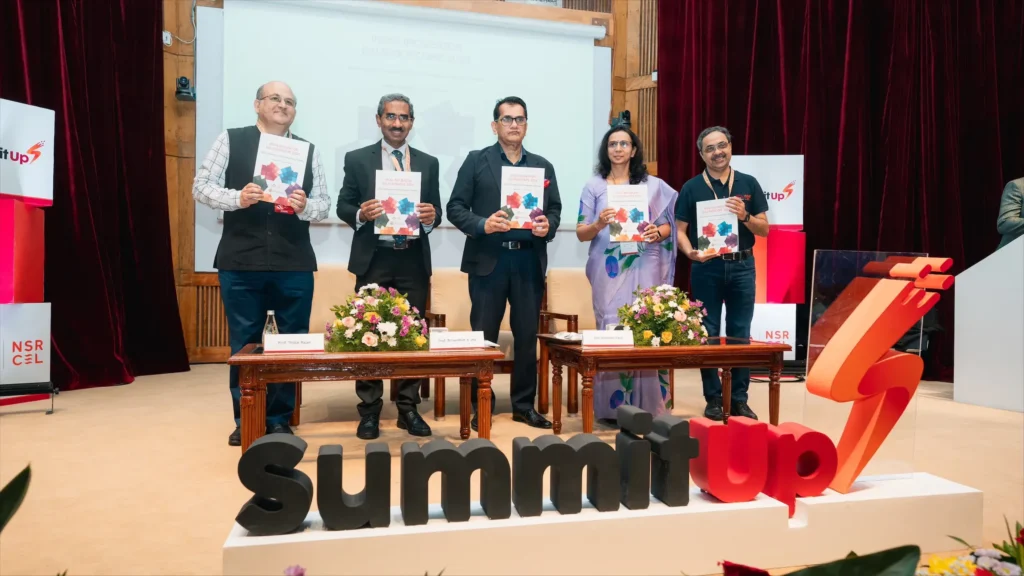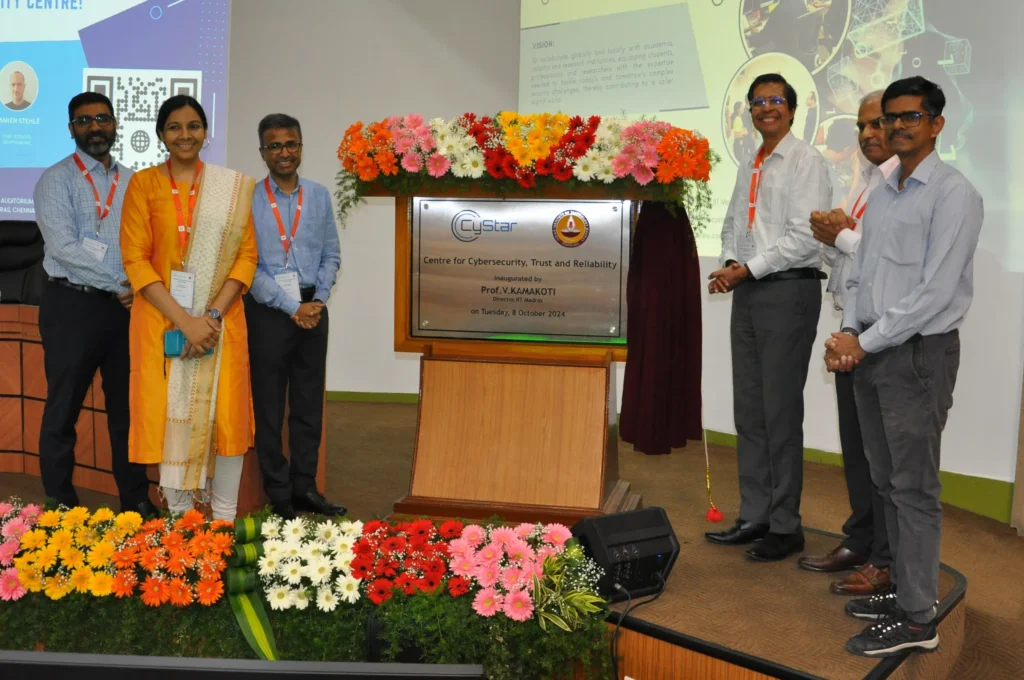Infinite Reality Acquires Zappar for $45M to Expand Extended Reality Commerce Capabilities
Infinite Reality, a leading firm in extended reality (XR) and immersive technologies, has acquired the XR creative platform Zappar for $45 million, further solidifying its presence in the commerce and digital media landscape. This acquisition enhances Infinite Reality’s capabilities in artificial intelligence, spatial computing, and immersive technologies, all of which are integral to reshaping digital commerce and media experiences. Amish Shah, co-founder and chief business officer of Infinite Reality, emphasized the strategic importance of the deal, stating, “Zappar’s strong European presence and partnerships with global brands align perfectly with our expansion strategy. By integrating their expertise into our portfolio, we’re creating a powerhouse of immersive technology that spans continents and industries.” The acquisition follows Infinite Reality’s $350 million funding round in July and is part of its ongoing acquisition spree, which includes 3D avatar platform Action Face in June, metaverse company Landvault in July, and a majority stake in Super League earlier this month. Zappar’s XR platform allows brands to create and manage 3D websites, augmented reality (AR) content, virtual reality (VR) experiences, and applications across various devices, including Apple Vision Pro and Meta Quest 3. Zappar CEO Caspar Thykier expressed enthusiasm, saying, “Joining Infinite Reality’s trailblazing portfolio empowers us to scale our technology and reach a much wider audience of clients and consumers, while expanding our U.S. presence.” Zappar’s product suite includes the Zapbox, an entry-level XR headset priced at $99.99, and its assistive technology, Zapvision, which enhances accessibility for people with low vision using QR codes. The deal also brings Zappar’s established partnerships with global brands like Disney, Bayer, Nestlé, and NBCUniversal, adding more value to Infinite Reality’s expanding global network, which includes operations in major cities such as Los Angeles, New York, Dubai, and London. Source: adweek










